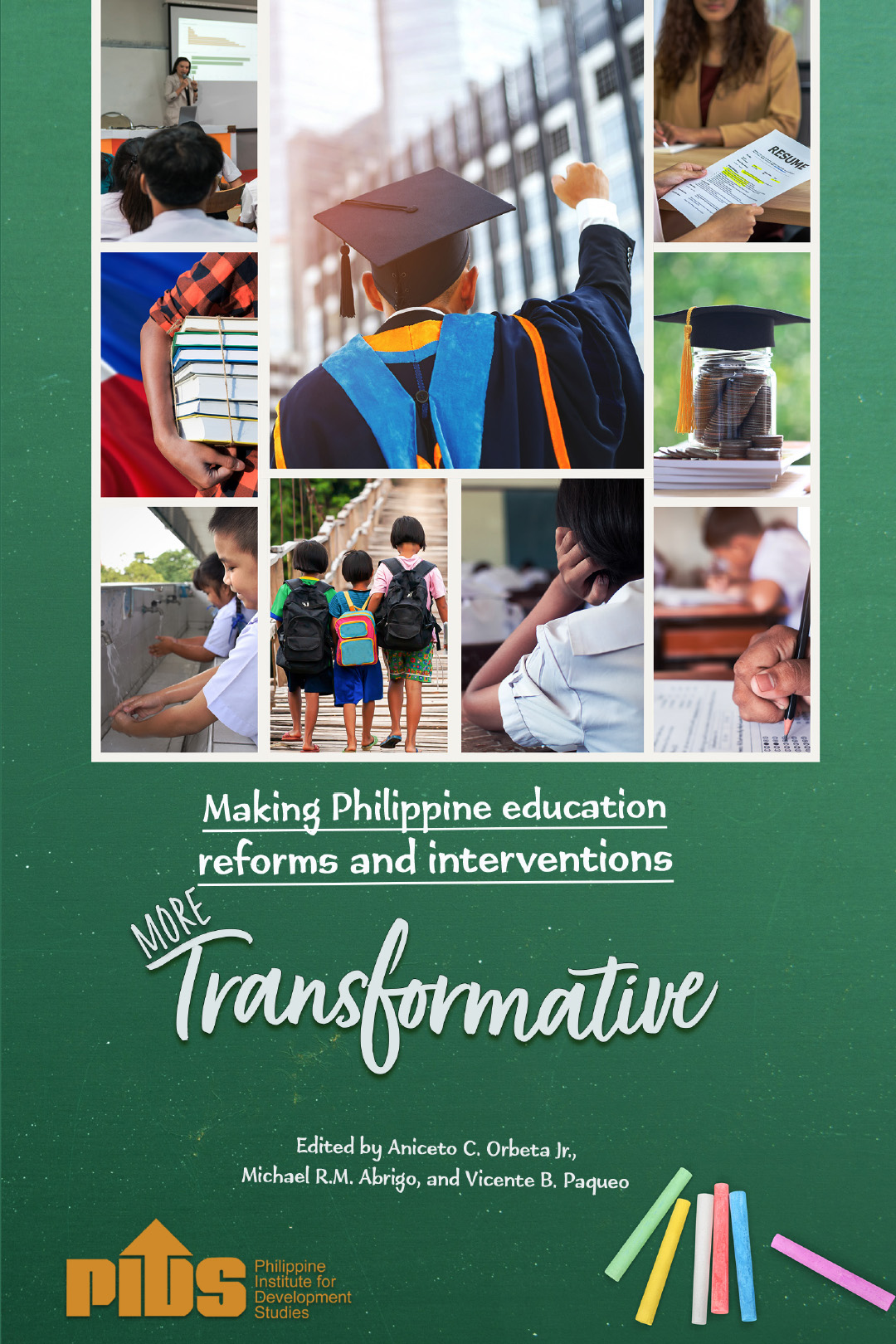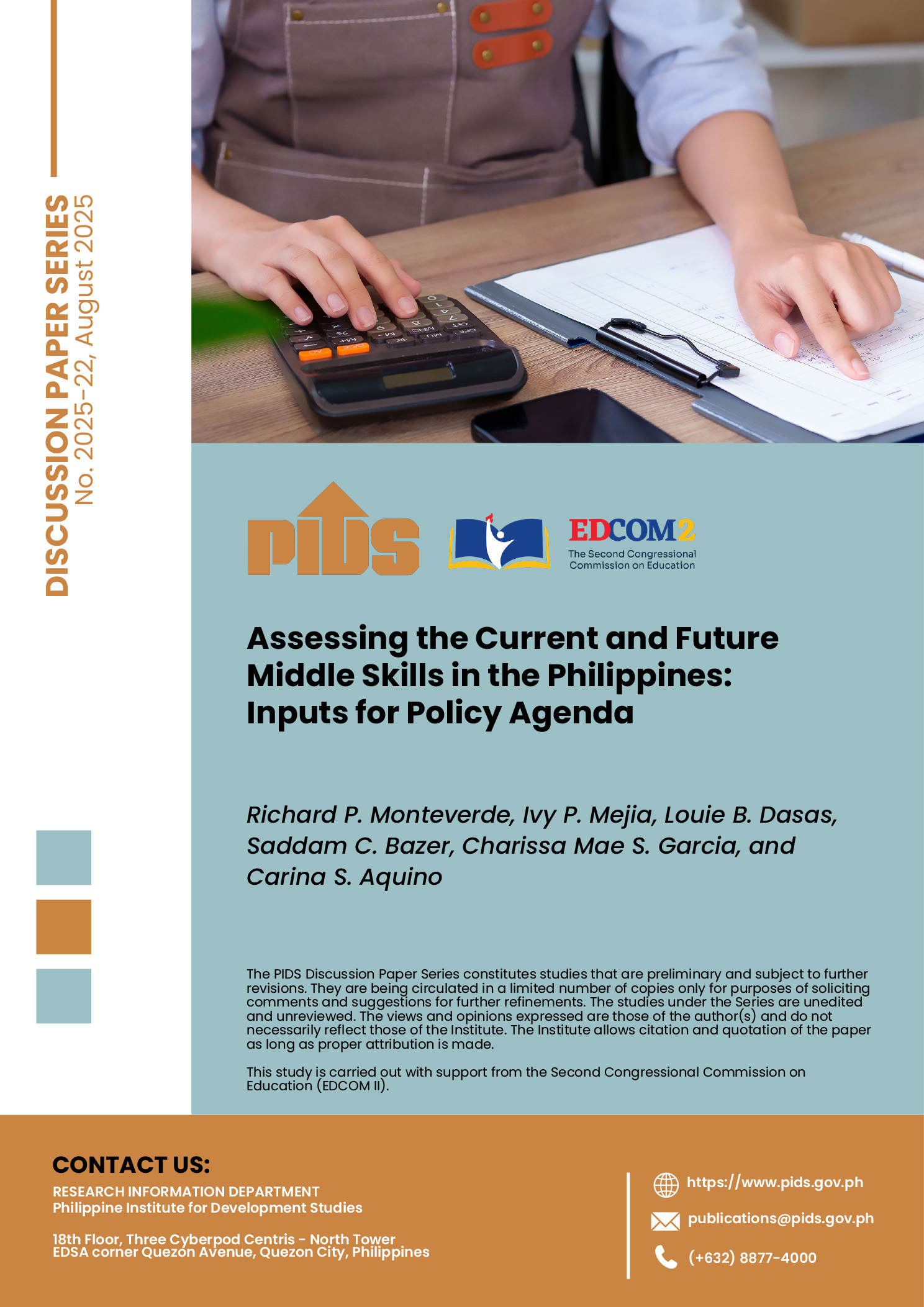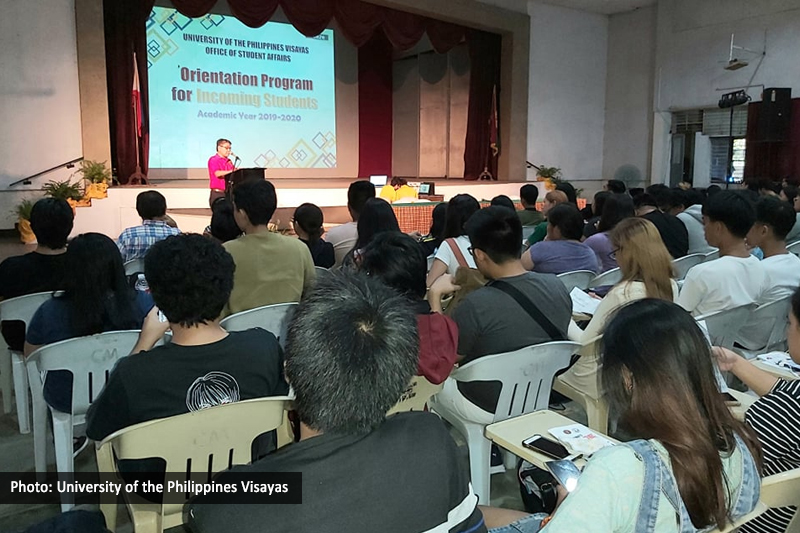Skills mismatch is a persistent challenge that hampers labor productivity and economic growth in the Philippines.
This issue was highlighted during a recent public webinar hosted by the Philippine Institute for Development Studies (PIDS), where experts discussed how skills gaps affect the labor market.
PIDS consultant Dr. Lawrence Dacuycuy, in a presentation of the PIDS study titled “Labor Market Structures, Pay Gap and Skills in the Philippines”, underscored the urgent need for a targeted skills development framework.
“The evolving world of work, driven by technological advancements, requires a focus on developing relevant skills,” he said.
Dacuycuy noted the growing demand for jobs requiring specific analytical skills, especially in sectors such as Information Technology-Business Process Management and manufacturing. However, many workers remain in positions reliant on basic or social skills, leaving them unprepared for the rapidly evolving job market.
To address these challenges, Dacuycuy advocated for a strategic approach to skills development. He explained that while general skills acquired through education are transferable, specific skills often yield higher returns but can limit job transitions. This necessitates a reevaluation of how skills are assessed and applied in workforce development programs.
Building on Dacuycuy’s insights, Jeanette Damo, executive director of the Institute for Labor Studies at the Department of Labor and Employment, highlighted the need for a coordinated effort among the government, educational institutions, and the private sector to align training and educational programs with labor market demands.
“The skills gap is a roadblock to both industry growth and economic opportunities,” she said. To bridge this gap, she proposed several strategies including expanding labor market information systems and forming partnerships with digital platforms to improve job matching and workforce development. By collaborating with online job portals like JobStreet and LinkedIn, the country could access real-time data that would inform policy decisions and guide educational institutions in updating curricula to meet current industry standards.
Further emphasizing the need for a dynamic approach, Professor Emily Christi Cabegin from the School of Labor and Industrial Relations of the University of the Philippines stressed the importance of lifelong learning as a strategy to address the skills gap.
“In this era, where technological change is constant, we must foster a culture of continuous learning and skills development,” she said.
Cabegin highlighted the need to improve technical-vocational education and training (TVET) programs to better align with current labor market trends. Closer collaboration between educational institutions and industries is essential, along with monitoring employment outcomes for TVET graduates to assess program effectiveness.












